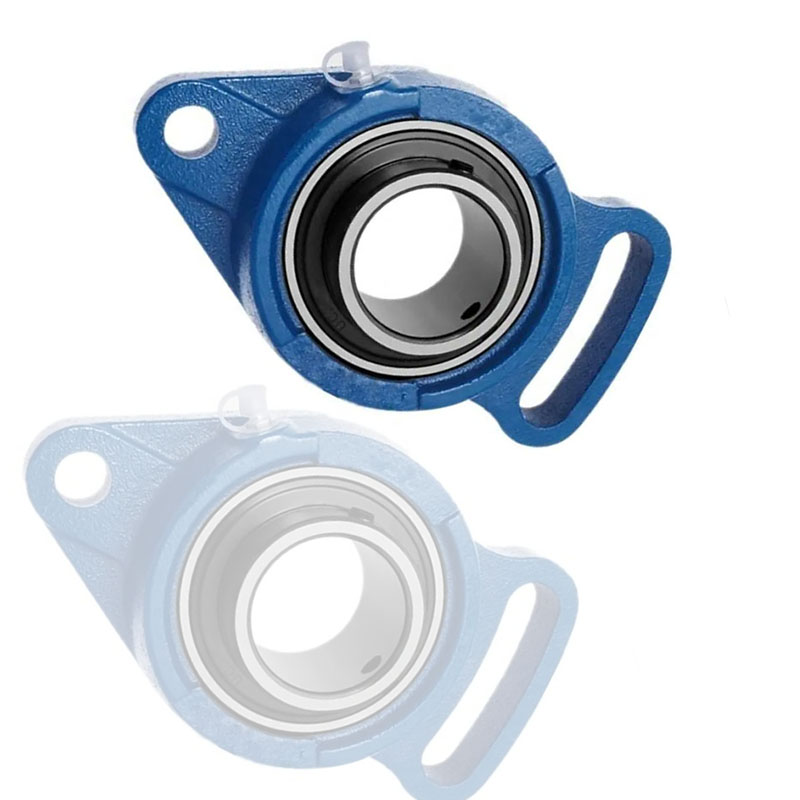Oct . 17, 2024 02:39 Back to list
custom ceramic bearings
Custom Ceramic Bearings Enhancing Performance and Durability
In today's fast-paced world, the demand for high-performance components continues to rise, especially in industries ranging from aerospace to automotive and medical devices. One of the key components that have gained significant attention is ceramic bearings. Unlike traditional metal bearings, ceramic bearings offer superior performance, longevity, and resistance to various harsh environments. Custom ceramic bearings are specifically designed to meet the unique requirements of various applications, providing tailored solutions for increased efficiency and reliability.
Ceramic bearings are primarily made from advanced ceramic materials such as silicon nitride, zirconia, and aluminum oxide. These materials exhibit exceptional hardness, low friction, and high resistance to wear and corrosion. As a result, ceramic bearings can function efficiently in extreme temperatures and harsh conditions, making them ideal for high-speed applications and environments where conventional bearings may fail.
The primary advantage of custom ceramic bearings lies in their ability to meet specific application demands. Manufacturers can tailor the design, dimensions, and material composition to suit the operational requirements of their equipment. This customization can lead to a significant reduction in maintenance costs and downtime, as well as an increase in overall system performance.
custom ceramic bearings

For instance, in the aerospace industry, where reliability and weight are critical factors, custom ceramic bearings can provide a lightweight yet robust alternative to metal bearings
. These bearings not only reduce overall weight, which boosts fuel efficiency but also enhance performance by facilitating smoother operation in engines and landing gear mechanisms. The ability to withstand extreme temperatures and corrosive environments also ensures that these bearings can maintain their integrity over prolonged periods of use.In the medical field, custom ceramic bearings are increasingly utilized in devices such as surgical instruments and prosthetics. The biocompatibility of ceramic materials ensures that they are safe for direct contact with biological tissues. Their durability and low friction properties allow for smoother operation, which is particularly important in high-precision applications like robotic surgery.
The customization process for ceramic bearings typically involves close collaboration between manufacturers and clients. Engineers assess the specific operational parameters, including load conditions, speed, temperature, and environmental factors. This information is used to develop bearings that not only meet but exceed the performance expectations of the application.
In conclusion, custom ceramic bearings represent a significant advancement in bearing technology, offering tailored solutions that enhance performance, reduce maintenance, and ensure longevity in demanding environments. As industries continue to evolve and push the boundaries of performance, the role of custom ceramic bearings will undoubtedly become more crucial in driving innovation and efficiency across various sectors. With their unique properties and the ability to be customized for specific needs, ceramic bearings are set to lead the charge in engineered solutions for the challenges of tomorrow.
Latest news
-
UCFC212-38 Round Flange Housing 4 Bolt Ball Bearing - Durable & Precision
NewsAug.29,2025
-
GW315PPB11 Ball Round Hole Agricultural Bearings - Durable & Reliable.
NewsAug.28,2025
-
Top Spherical Roller Bearing Material Exporter - High-Performance Alloys
NewsAug.27,2025
-
Durable PLC 110-190 Spherical Roller Bearing for Mixer Reducer
NewsAug.26,2025
-
CSK-2RS Sprag Clutch One Way Bearing: Sealed, High Torque, Durable
NewsAug.25,2025
-
CKZ-D Series One Way Overrunning Clutch: Reliable Power Control
NewsAug.24,2025